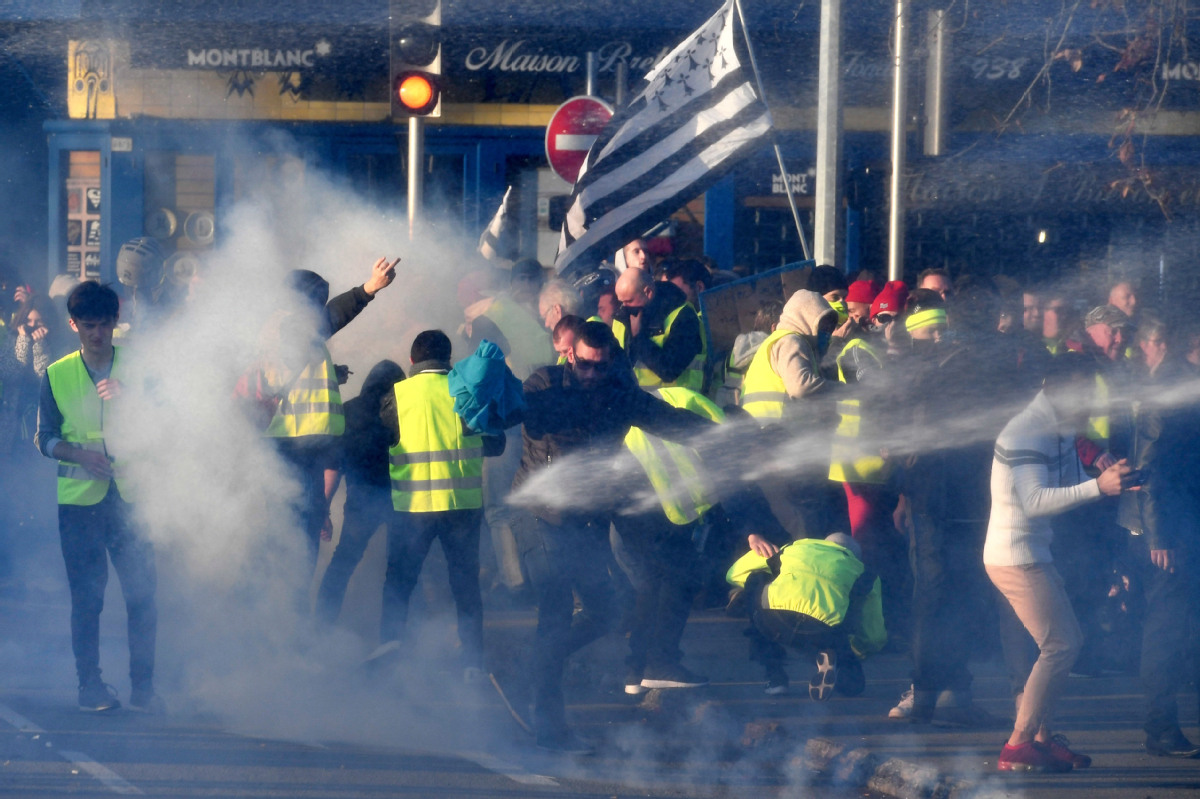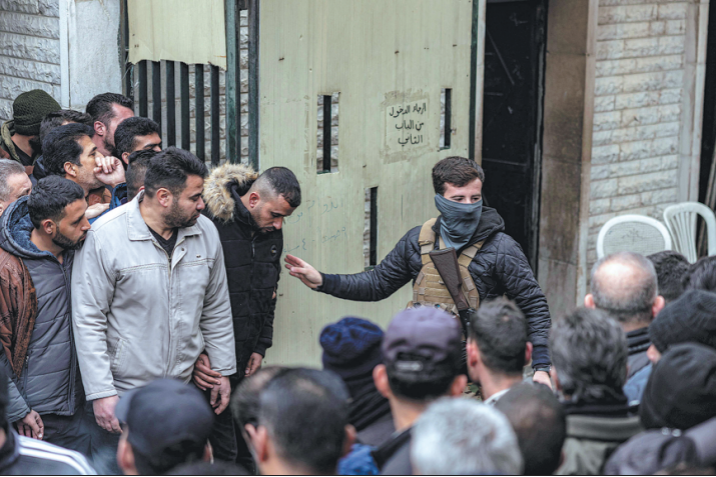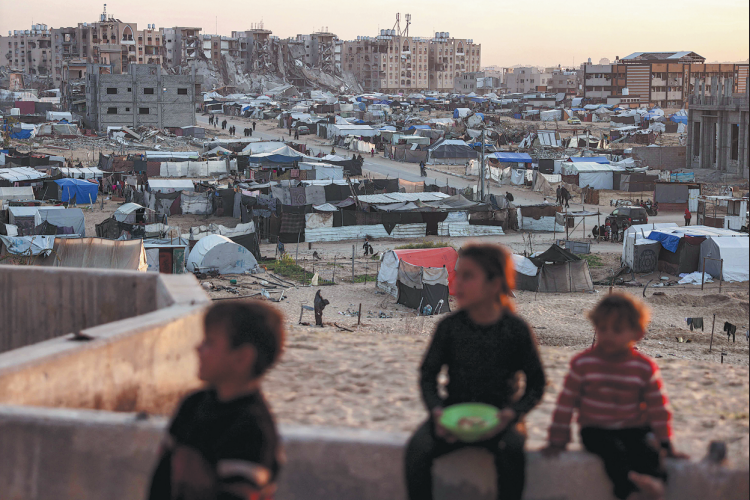Woman's death casts shadow over France's protests against fuel taxes
China Daily | Updated: 2018-11-19 09:21

PARIS - One protester was killed and 227 other people were injured eight seriously at roadblocks set up around villages, towns and cities across France on Saturday as citizens angry with rising fuel taxes rose up in a grassroots movement, posing a new challenge to beleaguered President Emmanuel Macron.
Police officers lobbed tear gas canisters at demonstrators on the famed Champs-Elysees Avenue in Paris as groups of "yellow jackets", as the protesters called themselves, tried to make their way to the presidential Elysee Palace. Later, hundreds of protesters entered the bottom of the street dotted with luxury shops where the palace is located and where Macron lives before being pushed back by security forces with shields.
French Interior Ministry officials counted nearly 283,000 protesters, mostly peaceful, throughout the day at more than 2,000 sites, some setting bonfires or flying balloons.
However, some demonstrations turned violent. In Troyes, southeast of Paris, about 100 people invaded the prefecture, the local representation of the state, damaging the inside, Interior Ministry officials said. In Quimper, in Brittany, security forces used water cannon to disperse hostile protesters.
In the eastern Savoie region, a 63-year-old woman was killed when a mother trying to take her daughter to see a doctor panicked after protesters surrounded their car, and suddenly accelerated into the crowd.
The driver, who police said was in a state of shock, was taken in for questioning.
About 227 people were injured - eight seriously, including a police officer - and 117 detained, with 73 then taken into police custody.
The protesters had pledged to target tollbooths, roundabouts and other strategic traffic sites. They called themselves "yellow jackets" because most were wearing the fluorescent yellow vests that must be kept in vehicles of all French drivers in case of car troubles.
Grassroots movement
The nationwide protest was unusual because it arose from within the citizenry, backed neither by unions nor politicians, although some took part in a clear bid for supporters. It was unclear whether the upstart movement, without a leader, would survive, and what problems it might pose for Macron.
"They have sent a message," Interior Minister Christophe Castaner said. "It is heard. The government is attentive to all demonstrations and, of course, we must continue to answer the expectations of the French including those about their purchasing power."
Meanwhile, a major tracker poll published a day after the protest said that the popularity of Macron has dropped to just 25 percent.
The results of the widely watched poll showed an overall fall of four points in November from the previous month, with only four percent of respondents saying they were "very satisfied" with Macron's performance, while 21 percent were "mostly satisfied".
Thirty-four percent were "mostly dissatisfied" while 39 percent were "very dissatisfied", according to the poll.
The results reinforce a longer-term trend of French voters turning quickly on their presidents soon after their election - something which also happened to Macron's predecessors Francois Hollande and Nicolas Sarkozy.
AP - AFP
























